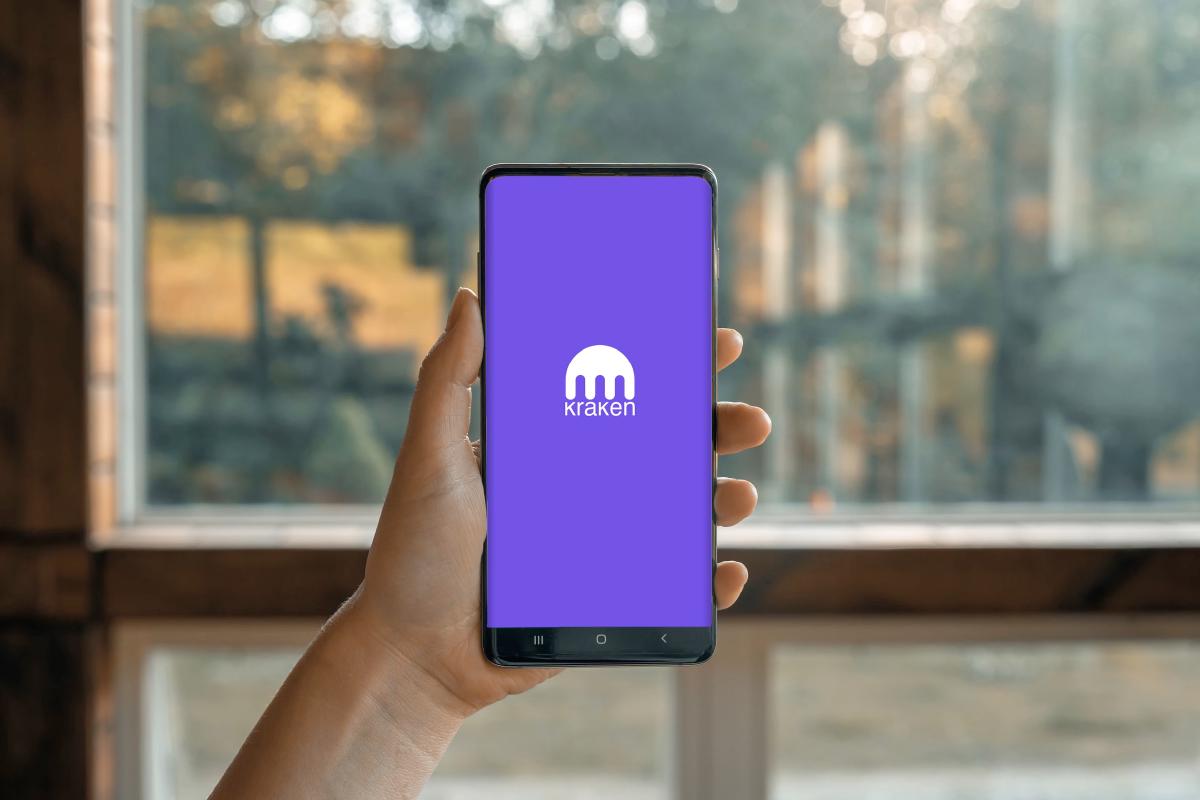
Kraken, a prominent U.S. cryptocurrency exchange, is reportedly in the process of selecting a partner to help build its own layer-2 blockchain network. This strategic move is seen as a way to align with the trend set by its rival Coinbase, which launched its own layer-2 network earlier in the year.
The motivation behind Kraken’s decision to develop a layer-2 network is multifaceted. Firstly, major crypto companies with established brands and customer bases are increasingly looking to expand their presence as blockchain builders. This expansion can serve as a potential source of new revenue or as an extension of their current operations, allowing them to offer more comprehensive services to their users.
Kraken is considering partnerships with several leading blockchain-technology firms, including Polygon, Matter Labs, and Nil Foundation, to leverage their technology for the new network. These discussions are indicative of the growing trend of exchanges not just facilitating cryptocurrency trades but also actively participating in the development and enhancement of blockchain infrastructure.
Polygon is known for its Ethereum scaling solutions and recently introduced a new software toolkit that enables developers to create their own blockchains. Matter Labs, the developer behind the zkSync layer-2 network, also offers its technology to emerging builders. These potential partnerships suggest that Kraken is looking to incorporate advanced technologies such as zero-knowledge proofs, which are a form of cryptography that allows one party to prove to another that a statement is true without revealing any information beyond the validity of the statement itself.
Kraken’s interest in developing a layer-2 solution is further evidenced by a recent job posting on its website for a “Senior Cryptography Engineer” with expertise in modern cryptography, including zero-knowledge proofs, and layer-2 solutions. The job description highlights Kraken’s enthusiasm for open-source, layer-2 technologies, and on-chain scaling solutions, suggesting a strong commitment to enhancing its technological capabilities.
Mentioning Rust programming language in the job description is also noteworthy, as Rust is a popular choice for blockchain development, powering such blockchains as Solana, Polkadot and Near.
The development of a layer-2 network by Kraken could potentially offer several benefits, such as increased transaction speed and reduced costs, by handling transactions off the main blockchain while still ensuring the security and decentralization of the network. This could improve the user experience for Kraken’s customers, providing them with faster and more cost-effective transactions.
Kraken’s initiative to build a layer-2 blockchain network represents a strategic move to not only stay competitive in the rapidly evolving cryptocurrency exchange market but also to potentially open up new revenue streams and improve service offerings for its users. By partnering with established players in the blockchain technology space, Kraken aims to leverage their expertise to build a robust and scalable layer-2 solution.

